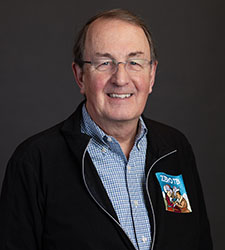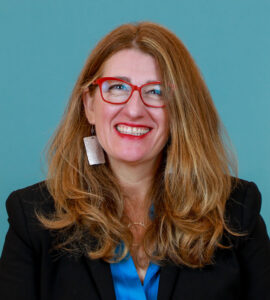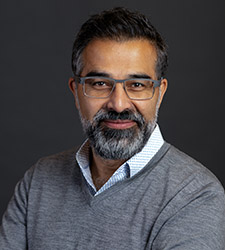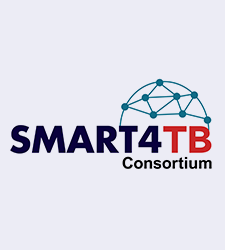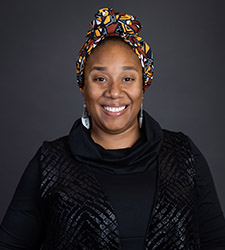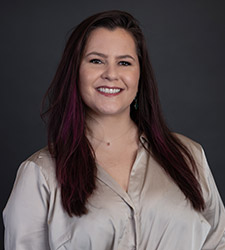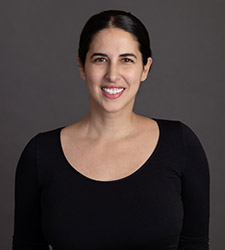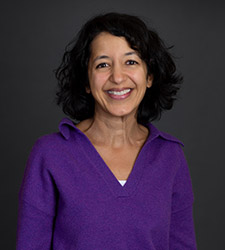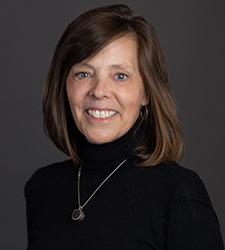
Who We Are


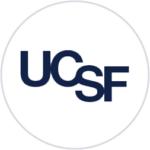


SMART4TB Leadership
|
Finance and Contracts Director, SMART4TB
|
|
Director of Clinical Operations, SMART4TB |
|
Program Coordinator, SMART4TB |
|
Project Manager, SMART4TB |
|
Director of Policy Engagement, SMART4TB |
|
Communications Director, SMART4TB |
|
Deputy Project Director, SMART4TB |
Governance
SMART4TB’s governance structure includes a Scientific Advisory Board comprised of subject matter experts in all the consortium’s focus areas that meet regularly to advise on the consortium’s research agenda.
Grania Brigden
Senior TB Adviser, Global Fund
Wendy Carr
Branch Chief of the Clinical Research Branch in the Division of Tuberculosis Elimination at the Centers for Disease Control and Prevention (CDC)
Kenneth Castro
Technical Advisor to the United States Agency for International Development (USAID)
Daniella Cirillo
Head of Emerging Bacterial Pathogens Unit at the San Raffaele Scientific Institute
Glenda Gray
CEO South African Medical Research Council
Yuliia Kalancha
Executive Director of TB Europe Coalition
Peter Kim
Director of Therapeutics Research Program at Division of AIDS, National Institute of Allergy and Infectious Diseases
Benjamin Phelps
Deputy Division Chief in the Division of Prevention, Care, and Treatment and a Medical Officer at the USAID Office of HIV/AIDS
Suvanand Sahu
Deputy Executive Director of the Stop TB Partnership Secretariat
Cherise Scott
Technical Manager, Unitaid
Soumya Swaminathan
Chairperson of MS Swaminathan Foundation, former chief scientist at the World Health Organization
Stavia Turyahabwe
Assistant Commissioner at the National Tuberculosis and Leprosy Division of the Uganda Ministry of Health
Charles Wells
Head of Therapeutics Development at Gates Medical Research Institute
Matteo Zignol
Coordinator of the TB/HIV and Community Engagement Unit and Team Leader for the Research for TB Elimination team at the WHO Global Tuberculosis Programme
Engagement with local, national, regional, and global community partners is integral to SMART4TB. As part of this effort, SMART4TB has recruited three community advisory boards to help shape the research agenda and protocols to ensure alignment with community needs and priorities; support trial sensitization and when available, results dissemination with the broader TB community and other key stakeholders; and drive the translation of SMART4TB research into evidence-based, progressive policy and programming. This will include support for generating community demand for access to the benefits of scientific progress. SMART4TB’s community advisory boards are: Afrocab Treatment Access Partnership (AfroCAB), Asia Pacific Council of AIDS Service Organizations (APCASO) and Eurasian Community for Access to Treatment (ECAT).
SMART4TB is made possible by the generous support of the American people through the United States Agency for International Development (USAID) and is implemented under cooperative agreement number 7200AA20CA00005. The consortium is managed by prime recipient, Johns Hopkins University.


